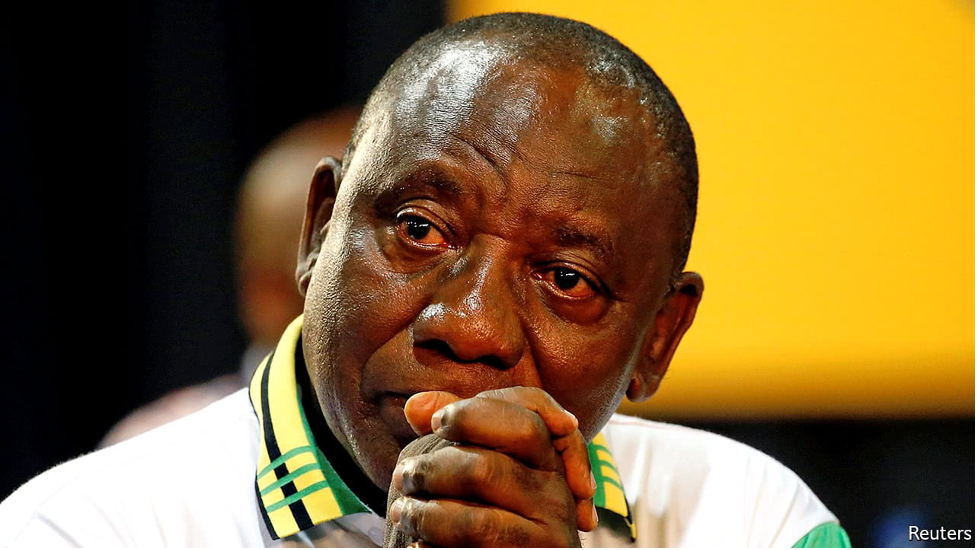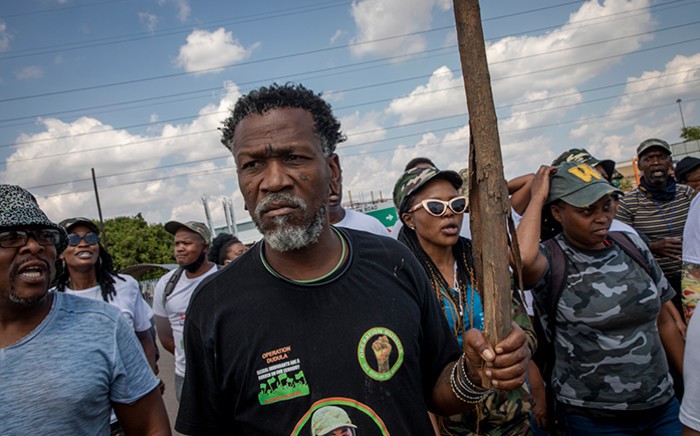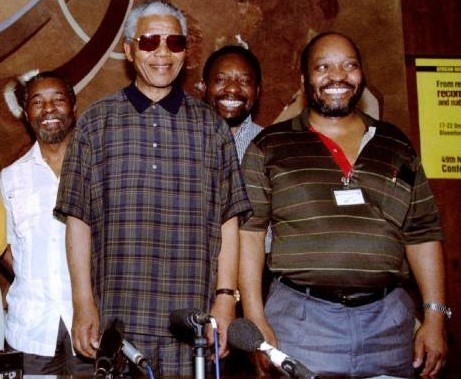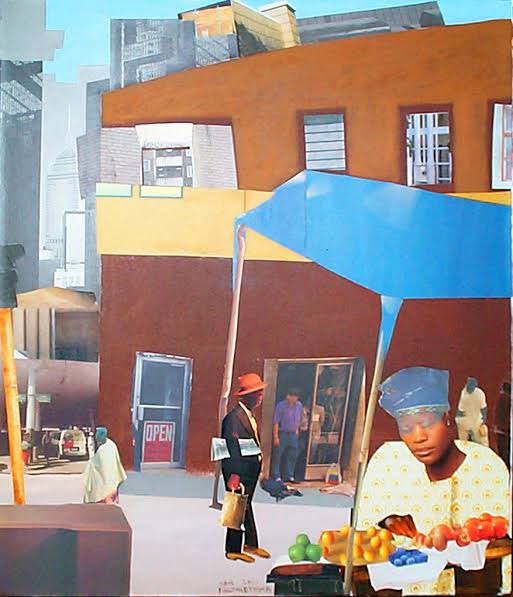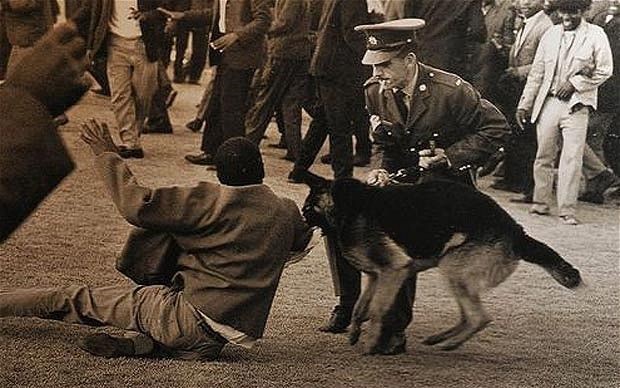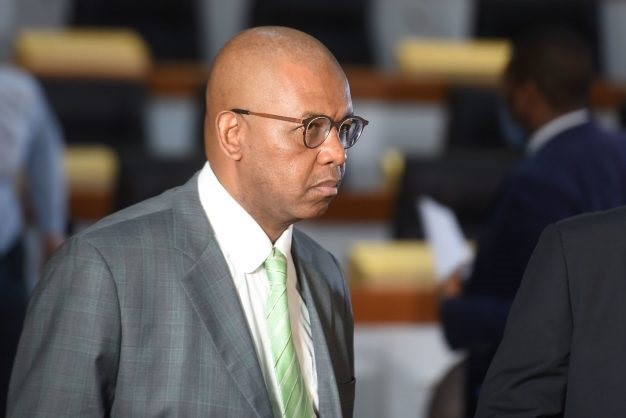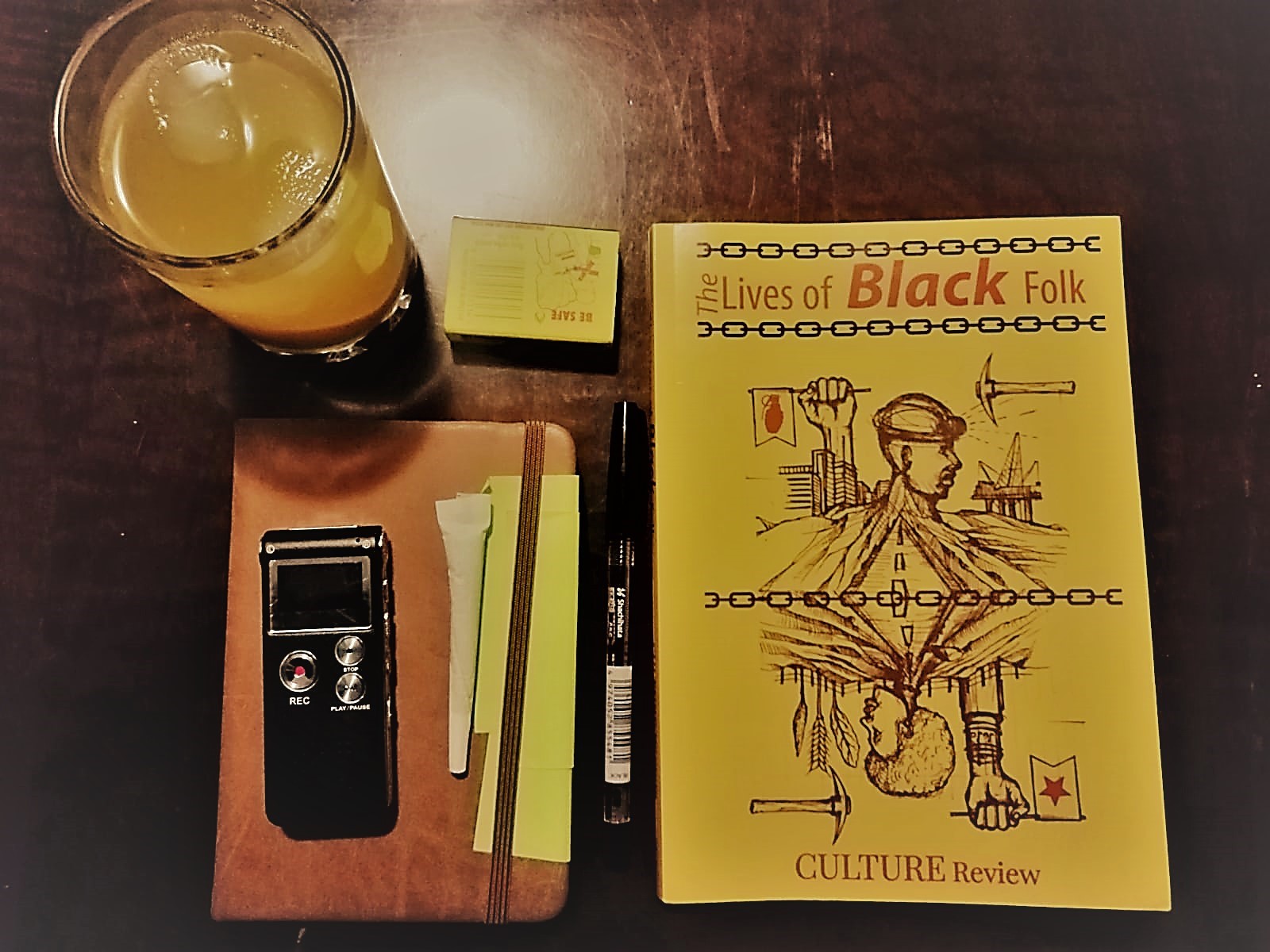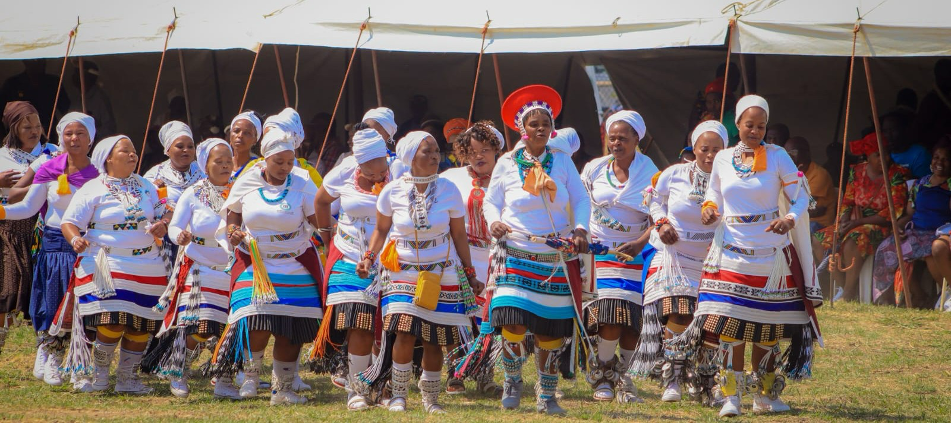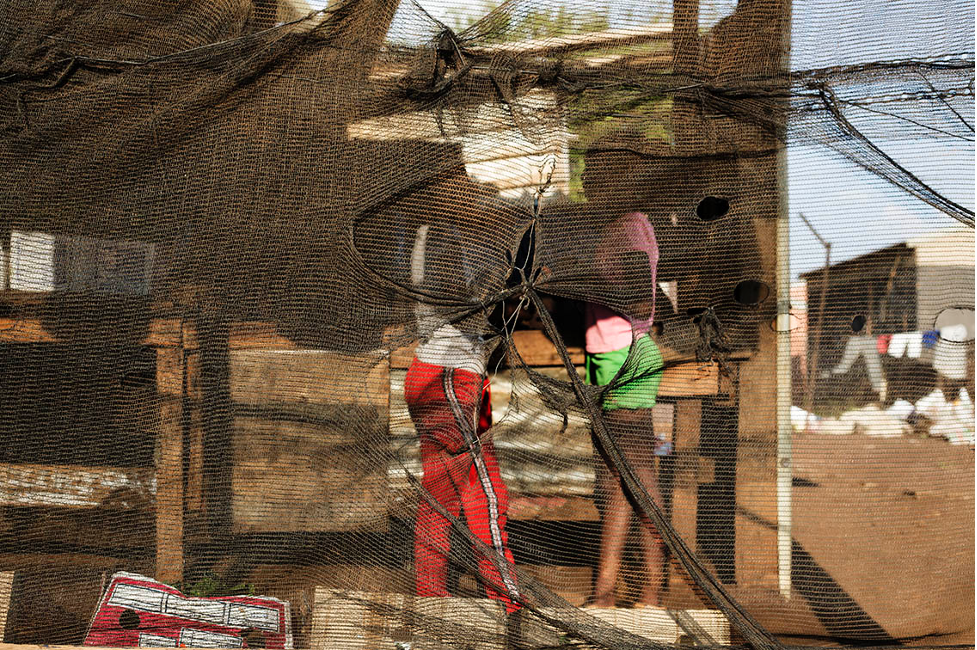This year (2024), South Africa holds its 7th national and provincial elections since the dawn of constitutional non-racial liberal democracy. In previous years, the debate towards the elections did not focus much on who the ruling party would be after the elections. This was effectively considered to be a done deal. Likewise, once it became public knowledge who the presidential candidate of the ruling party, the African National Congress (ANC), was, it became almost given who the President of the country would be after the elections. Consequently, the debate centred more on the composition of the rest of the executive and on what would be the leadership and management style of the incumbent president. The debate also concentrated on the extent to which the incoming President would exert and exercise his presidential power and agency to steer the country towards his vision and that of the ruling party.
For the first time in the post-1990 era, political analysis and opinion polls in South Africa are replete with predictions about the ANC receiving less than 50% of the votes and prospects of coalition governance (Morrison, 2023; Dlakavu, 2022). However, irrespective of whether the government will be led by one party or a coalition of parties, the effect of presidential power, presidential agency, and his leadership and management style in shaping the political trajectory of SA remains an important issue to deliberate on. This is precisely because the level and quality of political transformation and governance are products of a coordination between structure and agency, particularly between institutional capacity and the agency of both the president and the men and women around the president.
While South Africa does not have a presidential system, the President and the presidency hold significant powers, roles, and responsibilities. These enable the President and the Presidency to shape the political transformation, governance path and socioeconomic policy trajectory of the country.
As the head of the state and the head of government, the President directs the executive branch of government. He has executive powers that include appointing officials such as ministers and justices of the Supreme Court of Appeal and the Constitutional Court. Furthermore, the President plays a role in the formation of legislation by signing bills into laws or vetoing legislation, referring bills to Parliament or ConCourt, or calling a referendum.
As the Commander-in-Chief of the South African National Defense Force, the President has influence and control over foreign and security policy. As the apex office in the executive, the Presidency provides strategic direction and coordination to the work of government. Moreover, the president, the deputy president, and the Presidency are responsible for strategic and important operational areas such as support to the executive, planning, monitoring & evaluation, and government communication (The Presidency, Republic of South Africa).
This puts the President in a position where he plays a pivotal role in guiding and steering the sociopolitical and economic development and governance trajectory of the country and modelling the way regarding the vision he has for the country. This means that how the president exercises and exerts his institutional and personal power, and his political skills, and leadership in governance can greatly affect the transformative and development agenda and the performance of government.
By institutional power, we refer to the ability or official authority of the president to decide what's best for the country, decide the allocation of power, values and resources, and the capacity to exercise influence and control over the actions of all tiers of government and the relevant role players in government and society. In the context of politics and governance, personal power denotes the ability of the individual to influence other politicians to achieve a political outcome (Ragsdale, 2000).
Consequently, personal power in politics and governance has a lot to do with how people who work with the government, view the politics of the government of the day, particularly the politics of the President. Effectively, personal power in the sphere of politics and governance is a matter of personal action, personalities, and personal successes and failures in the exercise of institutional power and the exercise of political, public, and governance leadership. Mintzberg (1985) defines political skills as the exercise of influence through persuasion, manipulation, and negotiation. Building on this definition, Ahearn, Ferris, Hochwater, Douglas, and Ammeter (2004: 312) defines political skill as "the ability to effectively understand others at work and use such knowledge to influence others to act in ways that advance one's personal or organizational goals." On the other hand, leadership in governance refers to the willingness and ability to take ownership of the organizational vision, mission, objectives, and agenda/program and do what is best for the organization. Essentially, leadership in governance requires leaders to master the fiduciary, strategic, and generative roles of governance.
The fiduciary role calls for acting as a sentinel in the stewardship of the tangible assets of the government, through oversight, ensuring efficient and ethical use of resources, legal compliance, and accountability. The strategic role of governance is mainly about contributing to the development and implementation of a viable strategic direction through setting strategic goals and priorities, reviewing and improving strategic plans, and monitoring implementation and performance. The generative role is fundamentally about making critical, reflective, and analytical thought and decisions about what requires attention and focus, the implications thereof and the remedies, interventions, and actions required. These are important issues to emphasize in a country in which senior government leaders act surprised when they get in trouble over oversight issues or seem not to understand that it is their business and obligation to know about what is going on under their noses and behind their back in their sphere of authority. Therefore, it is particularly important to interrogate not only the politics of the presidential hopefuls or candidates but also their leadership, management governance philosophies, approaches, and style and their ability to exert their authority and exercise agency to model the way.
Two Presidents of post-1994 South Africa did not complete their terms in office mainly over concerns - legitimate or otherwise - about their use of presidential power and agency, their leadership style, their approach to governance, and how they managed the affairs of government. On one hand, the incumbent has been described as Captain Passive (Wiener, 2022) and as a mere apparatchik or party agent (Sithole, 2022), hiding his indecisiveness behind consensus-building and collegiality. On the other hand, he is perceived as consolidating his power base by, among others, putting control of state security in his office and building a 'super presidency' (Merten, 2021; Hafajee, 2023).
This calls for South Africa to engage in robust conversations on the institutional arrangements as well as the presidential leadership and management style appropriate for its transformational and development agenda. Likewise, there is a need for a social dialogue and public debate on the ethics, competencies, and attributes that the President must have to be able to model, guide, and steer the way regarding the quality of governance and the pace and direction of political and socioeconomic transformation and development.
References
Ayabulela Dlakavu (2022) "South African electoral trends: prospects for coalition governance at national and provincial spheres." Politikon 49 (4) 2022 pp 476-490
Ferrial Hafajee (2023) "Ramaphosa to go for Cabinet Reshuffle lite - the power lies in his super presidency" Daily Maverick 8 July 2023
Henry Mintzberg (1985) "The organization as a political arena." Journal of Management Studies Volume 22 pp 133-154

